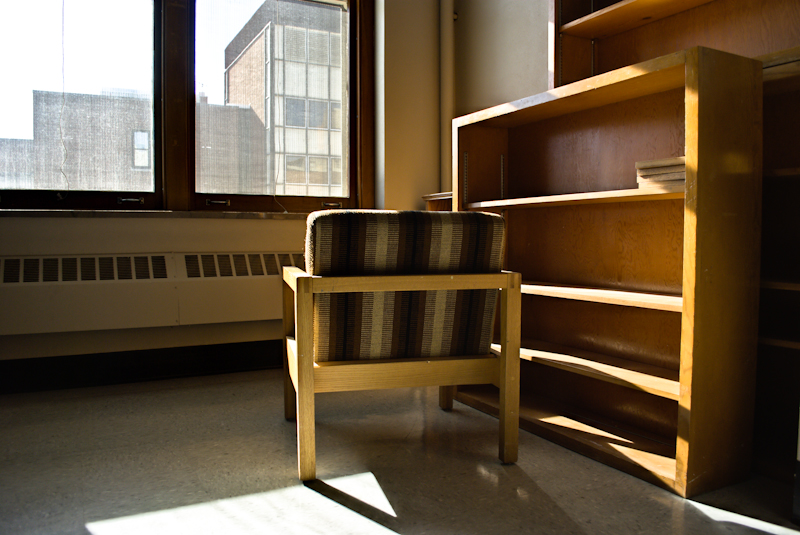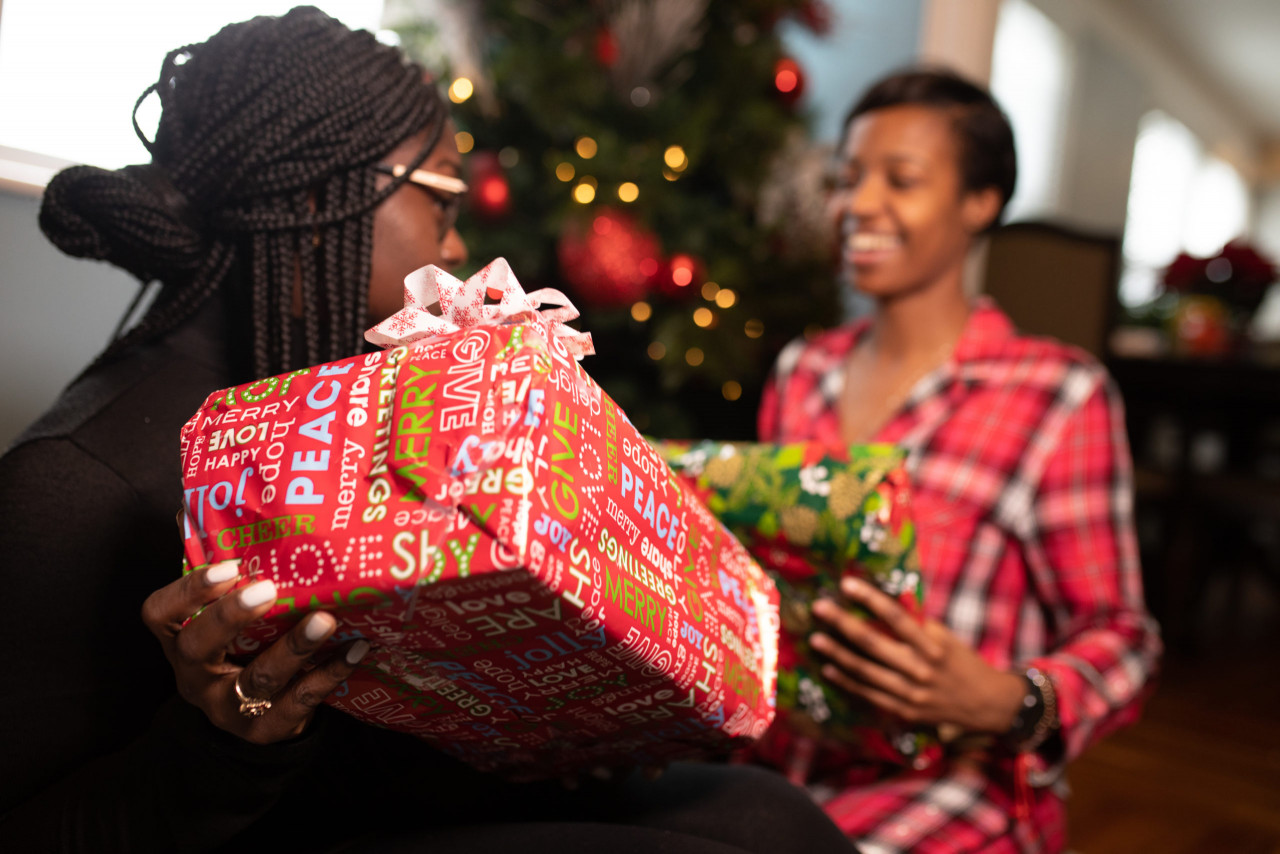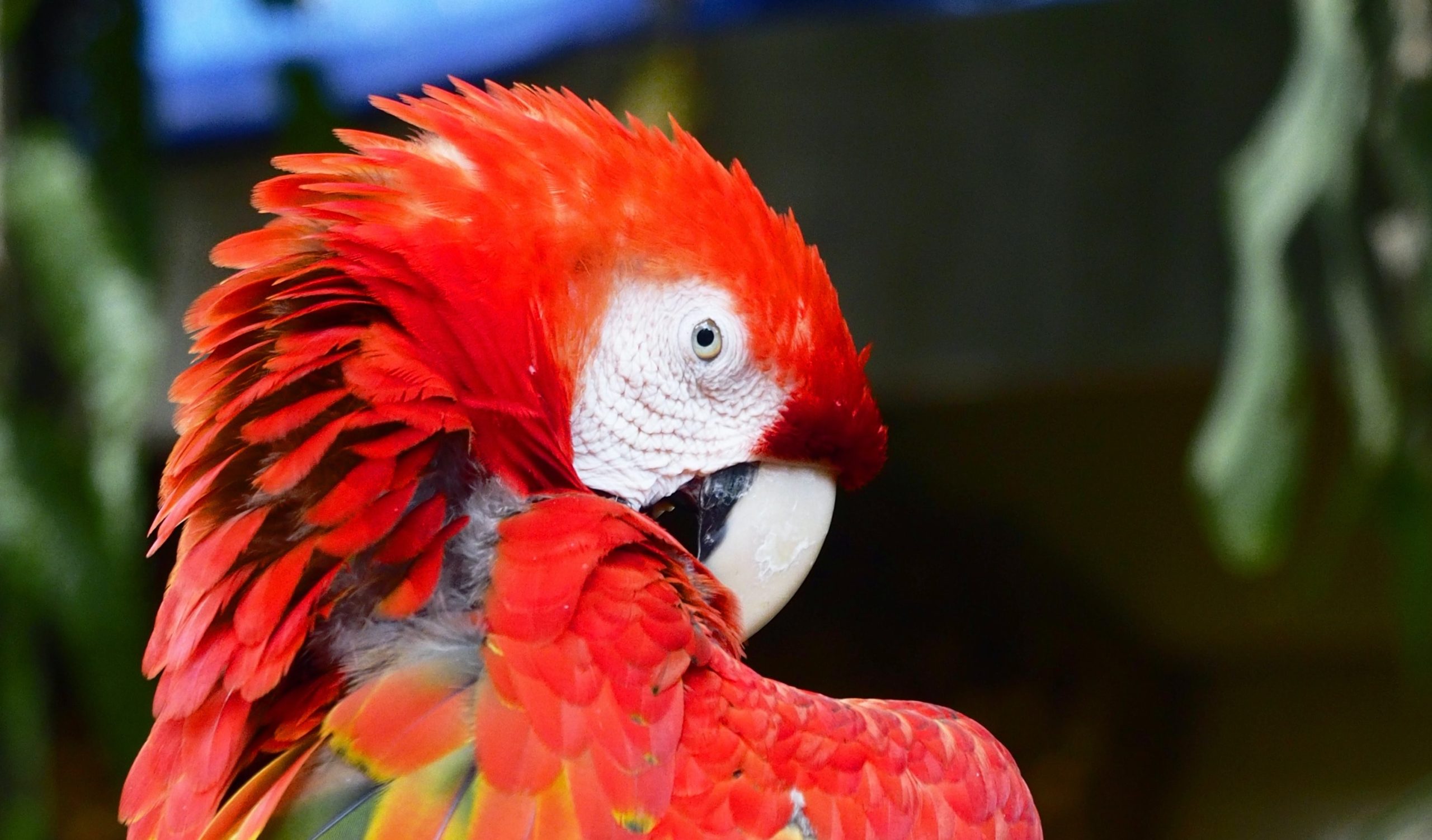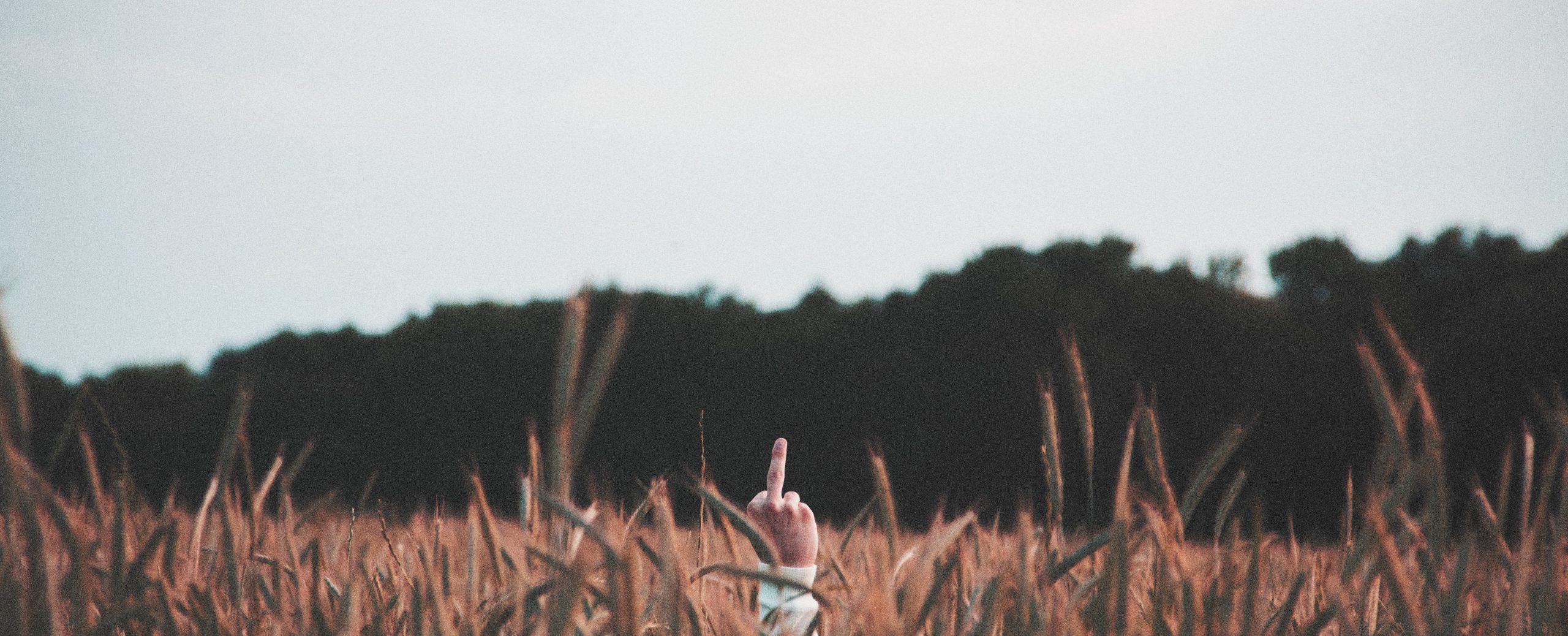Books & Culture
It’s Okay If You Didn’t Read This Year
After a torrent of "best books of the year" lists, please join me by the empty shelf

The last thing I did on my last day in the office, March 11, was try to figure out which books to bring home. I wasn’t sure how long we would be closed, but I reasoned that it was at least a week or two. Which of the dozens of books piled up on my desk would keep me entertained without overloading my tote bag on that last walk home?
I brought home three or four. I didn’t read any of them. I also didn’t read any of the books I had at home already. As stores closed, I made some supporting orders from indie bookshops, then didn’t read the books when they were delivered. My schedule was thrown off—I had previously spent every lunch hour reading, but now my lunch hours were the same as every other hour. More than that, though, I simply couldn’t gather my mental skirts up to get anything done.
It wasn’t that I didn’t try. I opened some books, but my attention beaded up on the page and slid off, like rain on siding. But also, it must be admitted that I didn’t try especially hard. The very concept of reading seemed out of step with the crisis we were living through—too pleasurable, too cozy, too optimistic. Bleary-eyed TV binges and grim, rote pursuit of Animal Crossing bugs felt more in sync with the world.
I could only manage to read if I was tunneling away from the world.
The first book I got all the way through was Charmed Life, the first of Diana Wynne Jones’s Chrestomanci novels, which I’d bought (the whole seven-book series, in three paperback bricks) from one of those threatened indie stores. The second, third, fourth, fifth, and sixth were the rest of the Chrestomanci books. This was possible only because they were lightweight, fantastical, and pitched for children. Sitting down to read still felt like a grotesque parody of normalcy, but once I started, the actual content was a welcome escape—a parallel realm with other parallel realms inside it, all of them laced with magic. I could only manage to read if I was tunneling away from the world.
At this same time, other people were plowing through Station Eleven and The Plague, out of ghoulishness or masochism or a desire for some kind of homeopathic inoculation to horror, I wasn’t sure. I didn’t get it. I didn’t get the people who actually used their previous commute time to read books instead of staring dead-eyed at Two Dots. Reading the Chrestomanci series jiggled enough stones loose in my mind that I could get reading done when I had to, and I started making my way through some audiobooks on the traditional pandemic Stupid Little Walks, but I never even got close to my pre-March capacity. Even genuinely fun reads like Wow, No Thank You spent weeks sitting fallow on, and sometimes under, the coffee table. Every piece of bad news felt like a heavy new weight pierced through the surprisingly tender flesh of my brain. Who can make use of something so shot through with holes?
For someone who has never had any distinctive skills beyond reading and writing, this was a real knock to my self-concept and self-esteem—not least as it became clearer, towards the end of the year, that SOME people had maintained a locomotive momentum of literacy even over nine bleak months. But the low-level hum of anxiety this year, though often drowned out by larger and louder griefs, has vibrated down more edifices than we may realize. Vox just rounded up all the physical changes this year has wrought on those who stayed otherwise healthy: our hair is falling out, our periods are weird, our skin absolutely sucks. Should it even be remarkable if sustained reading is beyond the capacity of our stress-blurred brains?
Reading reduces stress levels—there’s scientific evidence for that. But stress levels also reduce reading.
Reading reduces stress levels—there’s scientific evidence for that. But stress levels also reduce reading. Anxiety ruins your focus, wipes out your short-term memory, makes you thick-headed, makes you jittery. You can’t keep track of who’s who or what they said or what it means. Stress, maybe especially the kind of stress we’ve all been going through where everything seems like the end of the world, also wrecks your equanimity and sense of proportion: being unable to read, if you’d previously thought of yourself as a reader, makes you feel monstrously guilty for what seems, to your addled brain, like a towering failure. You can’t read, so you are ashamed, so you can’t read, so you are ashamed.
Which is why it feels important to say this: there’s a viral pandemic and a corresponding economic crash, the wounds of racism are being reopened or made visible to people who once had the privilege to ignore them, an amoral kakistocracy is attempting a desperate flailing coup, capitalist exploitation of workers is proceeding with cruel indifference to all of the above, and it’s okay if this made it hard for you to sit down with a good book.
I got through two novels this past week, my first time finishing anything at even that modest pace since those Chrestomanci books (which, again, are for children). Eventually, little green shoots start to poke through the blackened underbrush, no matter how big the fire. But you wouldn’t expect a productive, functioning orchard right away. It’s all right if it takes a little while for the scorched earth to bear fruit.
Maybe you could read this year, in which case, good for you—do a Twitter thread about it or something. If you couldn’t, though, listen: it’s fine. It’s fine even if you used to read a lot, even if you grew up marked out as The One Who Reads, even if you aren’t sure what your identity is without reading. Books will be back for you, like one of those old friends where all the old jokes and habits and intimacies bubble up within minutes of seeing them even when you haven’t talked for years.
Until then: it’s Christmas in Animal Crossing. Get cracking.








